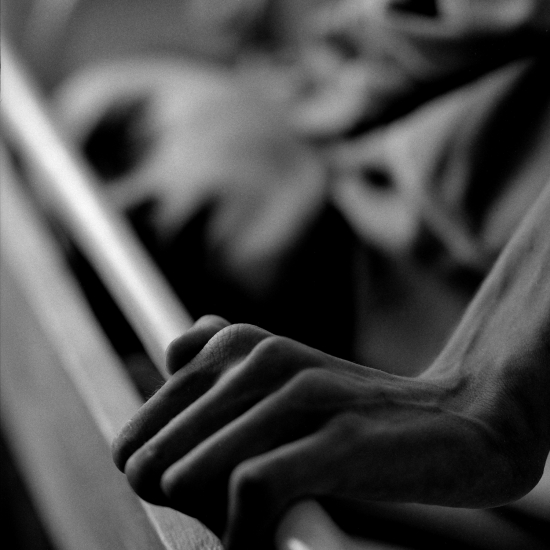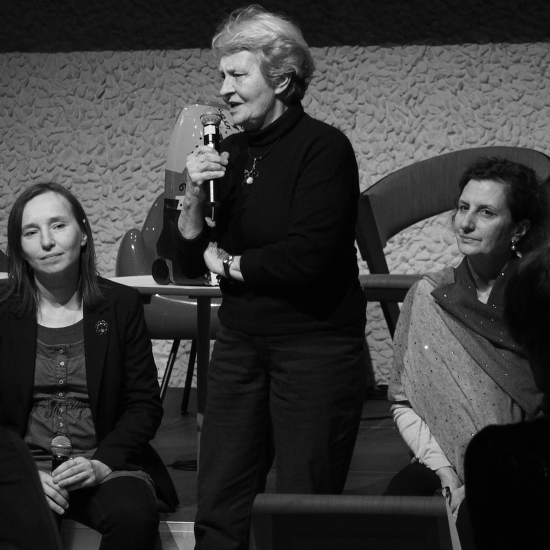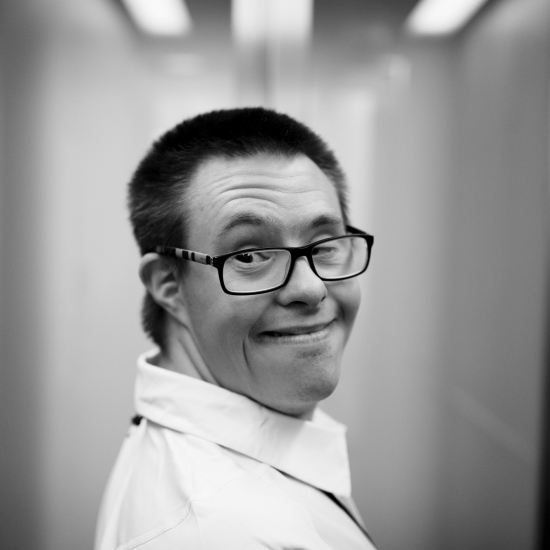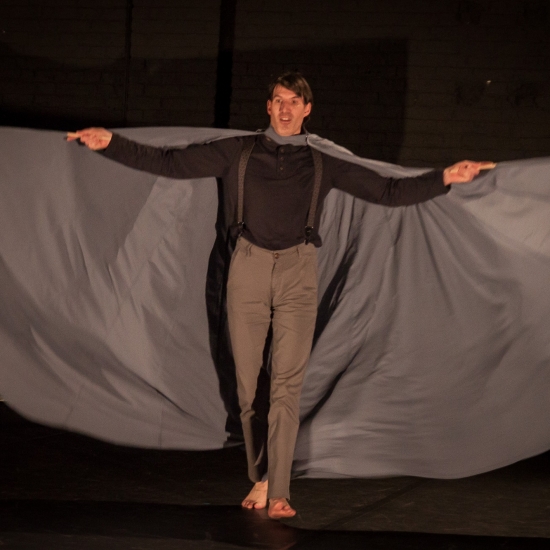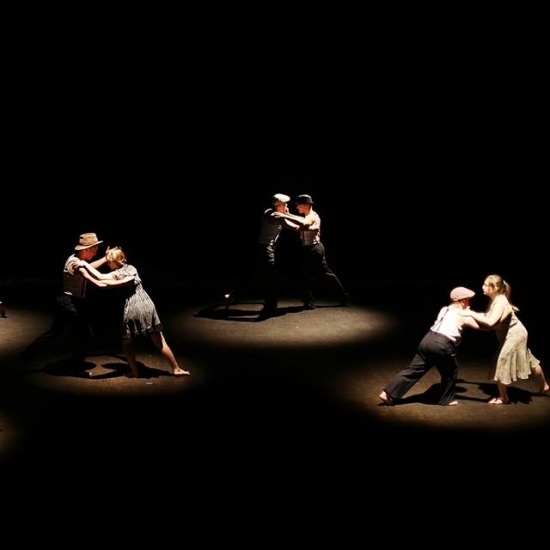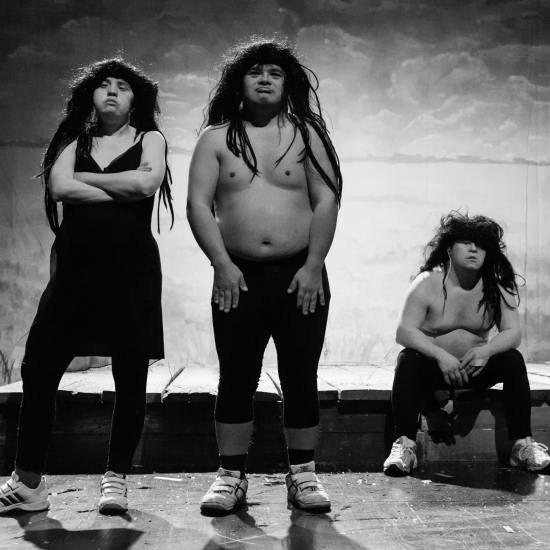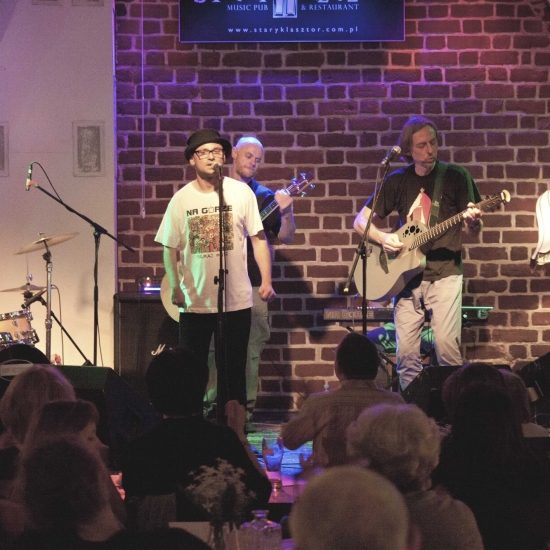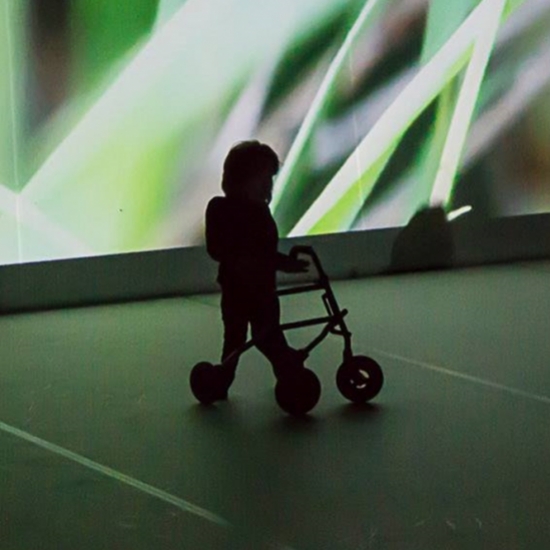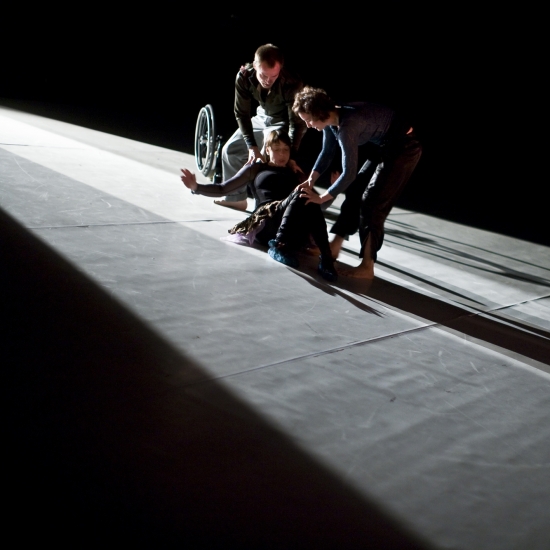Sections
More than Theatre
More than Theatre centres around the artistic and social issues relating to the ‘fully able’ art of people with disabilities (art of the disabled), with a particular focus on theatre and performing arts. It combines a range of perspectives – practical and theoretical, social and political – and draws on aesthetic, anthropological, cultural and existential categories. The aim of the planned events is: to promote artistic work that is often marginalised; bring together theatre practitioners and experts from other fields of academic research and arts; enable experience sharing among Polish and international artists; and open up a space for in-depth reflection on the working methods and tools used by particular companies while pointing out the similarities and differences in their choice of expressive means and the ways they work with their actors.
Our focus on the art of people with disabilities stems from a number of fundamental reasons. The theatre stage as a space of existence and metaphorisation of human experience is a perfect place to share it in all its aspects. At the same time, the innate and inalienable sphere of expression that results from humanity itself and from the human dignity that pertains to every human being is given an independent chance to materialise in the space of the art thus defined. The focus on the art of people with disabilities is also meant to encourage reflection on the social and economic relation to the problem of disability. By keeping people with disabilities away from the public sphere, we, their ‘removers’ and oppressors, find it difficult to think about them and look at them without voyeurism. Thus, in our intention, More than Theatre is to be, at least, a substitute for a social laboratory in which we will shape a space of co-existence, dialogue and exchange. Referencing Augusto Boal’s idea of theatre through changes in a theatre situation composed like this, or, in general, a situation in the field of art, we want to experiment with social change. More than Theatre is born out of a dream that surpasses the bounds of the world as we have found it.
It is sometimes the case that the theatre of people with disabilities is a radical artistic and social gesture, which threatens to sunder the institution from within or is completely at odds with it, which is still the prevailing situation in our country. Art so understood is not absorbed into the mechanism of building and consolidating the world of the dominating models/patterns, but strengthens the emancipatory aspirations of ‘excluded’ individuals who defend their right to freedom and expression. It forms a space in which to seek their own forms of life, identity, creative work and play, a sort of safe haven for people whom oppressive society brands as unfit. At the same time it is an attempt to counter the established culture with a ‘small community culture’ – moulded based on a special kind of human activity, communication and expression modes, ethical norms and behavioural patterns, including the (re)building of (lost?) social bonds. Theatre groups made up of people with disabilities often resemble an archipelago of diverse ‘cultural islands’.
Oftentimes, the theatre (art) of people with disabilities becomes the centre where problems are articulated that are important not only for this milieu. That’s why we see it as legitimate to present the theatre movement of people with disabilities as a response to the ‘disturbing processes that occur in contemporary culture’, including the situations of isolation that are commonly experienced in various aspects of social life and in art. We can look at the groups in question as if they were interstices in the universal ‘isolating ocean’, which, ‘by building small, separated wholes governed by their own principles […] make a step towards overcoming it’.
More that Theatre encompasses: theatre performances fearing artists with disabilities from Germany, France, the Czech Republic and Poland; The Cry of Existence, an exhibition of photography by Jan Rosołowski; a concert of Na Górze group; and Breakfast in Process, a series of conversations with artists and invited guests.
Justyna Sobczyk, Magdalena Hasiuk
